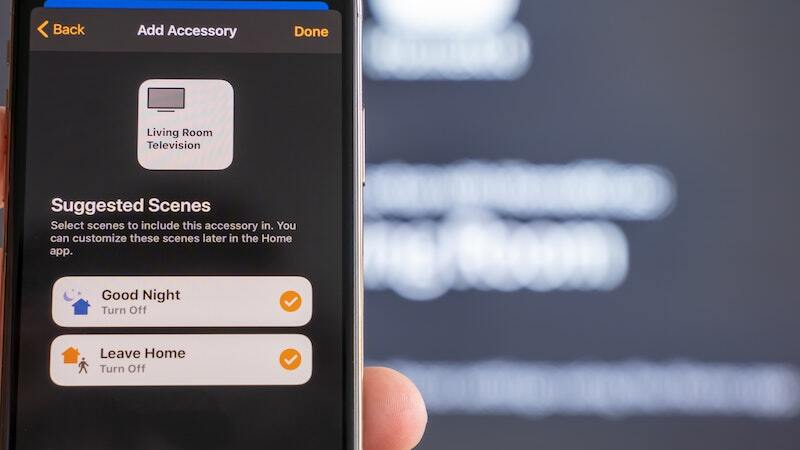Connecting...
Top 7 HVAC trends to watch out for in 2021
almost 4 years ago Empty Jason Thornhill

All businesses are undergoing unprecedented change at the moment, particularly those in HVAC, with advancements in technology, climate change concerns and coronavirus all helping to step up the pace. So, what are the big trends to look out for in the year ahead?
Green Technology
With green energy at the top of the government’s agenda and climate change concerns dominating global policy, the HVAC sector is innovating fast. HVAC will have a huge role to play in the sustainability of buildings, businesses and supply chains and we can expect to see some cutting-edge developments in efficiency and new product development this year.
Smart Homes
Smart homes aren’t just fun, they’re cleaner and greener. The fascination with heating and lights that can be controlled from your holiday cottage in the hills is the headline-grabbing side of the trend. For large organisations, the ability to adapt their heating and air conditioning depending on how many people are in the building is a cost saver. Expect more smart HVAC features on commercial systems as we move towards smarter, cleaner and more energy efficient workplaces and public buildings, as well as homes.
SaaS
As heating, ventilation and air conditioning adopt new technologies and smart features, we will start to see users move towards software as a service (SaaS) in greater numbers. Software can detect maintenance issues and alert engineers automatically. It can also continuously monitor a building's energy consumption patterns and regulate the settings to the most efficient levels automatically.
Air Quality
Indoor air quality has been a focus for ventilation and air conditioning manufacturers for some time and the coronavirus pandemic has generated even more opportunities to use HVAC technology to improve the safety and wellbeing of occupants. Expect to see more focus on using HVAC systems to measure and monitor air quality, including virus particles, in the months ahead.
Training
Demand for HVAC is growing in line with an increased awareness of the need for efficiency, air quality and carefully managed working conditions. This demand brings with it a need for skills and we are finding that the HVAC companies we work with are focusing their attention on bringing in the right talent and introducing training programmes for those who are looking to change career or build a future in the HVAC sector.
VR and AR Technologies
HVAC design is increasingly becoming an immersive process, moving beyond 2D plans to use virtual reality and augmented reality to show end users and contractors exactly how a system will work and how it will integrate into a building. VR and AR can also make training easier, allowing service engineers to practice virtually and learn on the job before they even come into contact with a live system.
Company Culture
As HVAC begins to attract a younger generation of talent to fill skills gaps and support innovation, company culture is going to become more important. When we are recruiting for any type of HVAC role, the culture of the employer is a key motivator for candidates. Culture is likely to be even more of a priority for jobseekers in the future. In 2021, that doesn’t mean team social events and bonuses, it’s much more about flexible working and the use of technology such as Slack and other online messaging tools for communication instead of email and phone.
